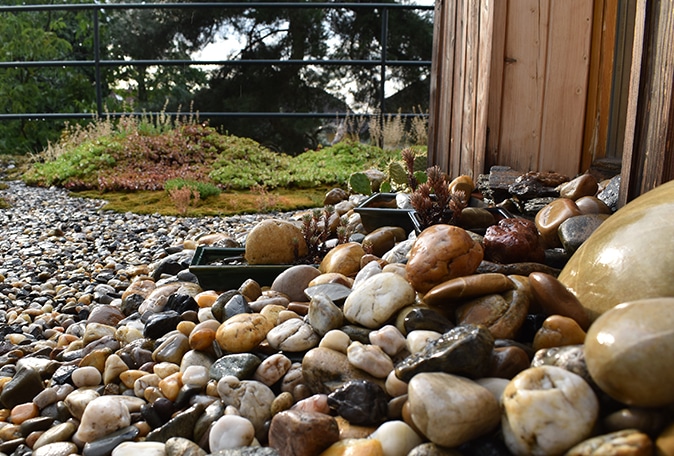Renting out part of your home not only provides additional income, but can also improve home affordability, promote social connections, and reduce housing shortages.
Imagine your home not just as a dwelling, but as a financial asset and a tool for positive societal change. Renting out part of your property can provide a steady stream of additional income, easing your financial burdens and enhancing your economic security. Moreover, by utilizing unused spaces, you contribute to mitigating housing shortages, helping create more inclusive communities. The additional income can also be invested in sustainable home upgrades, further decreasing your carbon footprint and enhancing your home’s value. The potential tax benefits could be a bonus. Renting isn’t just an economic choice—it’s a sustainable, community-supportive, and climate-conscious step. Start viewing your home from a new perspective, as a platform for personal gain and collective betterment.
Pros
- Financial Advantage: Renting out part of your home can generate a substantial additional income, which can help pay off your mortgage or fund home improvements. Compared to getting a part-time job or investing in stocks, this is a relatively stable, passive income stream.
- Societal Contribution: By offering rental space, you can play a role in easing local housing shortages and promoting affordability. This stands in contrast to vacation rentals, which often displace long-term housing.
- Environmental Impact: Optimizing living space usage is a form of consumption reduction. It’s a more sustainable choice than building new homes, which would involve more materials, energy, and land usage.
Cons
- Upfront Costs: New construction or remodeling expenses can be very significant.
- Privacy and Convenience: Renting out part of your home means sharing your space, which could disrupt your privacy and daily routine. It’s less private than options like peer-to-peer lending.
- Potential Risks: There may be legal implications, tax issues, and potential for property damage. Renting out requires due diligence compared to other investments like mutual funds.
- Tenant Management: Finding reliable tenants and managing relations can be stressful and time-consuming, unlike passive income streams such as dividend investing.
Costs
1New Construction - Detached ADU

2New Construction - Attached ADU
This might cost between $75,000 to $150,000. With a similar rental income, the payback period may be between 3-12 years.
3Existing Home Renovation - Convert Existing Space
This option is generally cheaper, with costs around $20,000 to $50,000. Given a similar rental income, you may expect the payback period to be approximately 1-4 years.
4Existing Home Renovation - Detached ADU
This might cost between $50,000 to $100,000. With similar rental income, the payback period could be between 2-8 years.

Hiring Pros
- Use Dedicated Platforms: Start your search with trusted websites such as those found in our resources.
- Verify Experience: Check that your potential expert has a solid background in property management. Look at reviews and testimonials from their previous clients.
- Understand Fees: Property managers generally charge a percentage of the rental income. Be sure you know what you’re paying for and whether any additional costs may arise.
- Check Legal Knowledge: Your expert should be well-versed in local property laws, tenant rights, and eviction procedures to avoid legal complications.
- Ensure Good Communication: They should be reachable, responsive, and open to answering your questions. After all, they’ll be your main point of contact with your tenants.

Do It Yourself
- Educate Yourself: Start your search with trusted books & websites such as those found in our resources.
- Screen Tenants Thoroughly: Conduct credit checks, call references, and meet prospective tenants in person to ensure reliability.
- Understand Legal Obligations: Familiarize yourself with local landlord-tenant laws to ensure you’re providing a safe, compliant living environment.
- Set a Competitive Price: Research local rent prices to ensure your rate is fair and competitive. Sites like Zillow can help with this.
- Plan for Maintenance: Have a clear plan for how you’ll handle routine maintenance and emergencies. Promptly addressing these issues is key to a good landlord-tenant relationship.
Resources
Books:
“How to Set Up and Run a Successful Airbnb Business: Outearn Your Competition with Skyrocketing Rental Income and Leave Your 9 to 5 Job Even If You Are an Absolute” by Frank Eberstadt.
- “Airbnb For Dummies” by Symon He, James Svetec.





